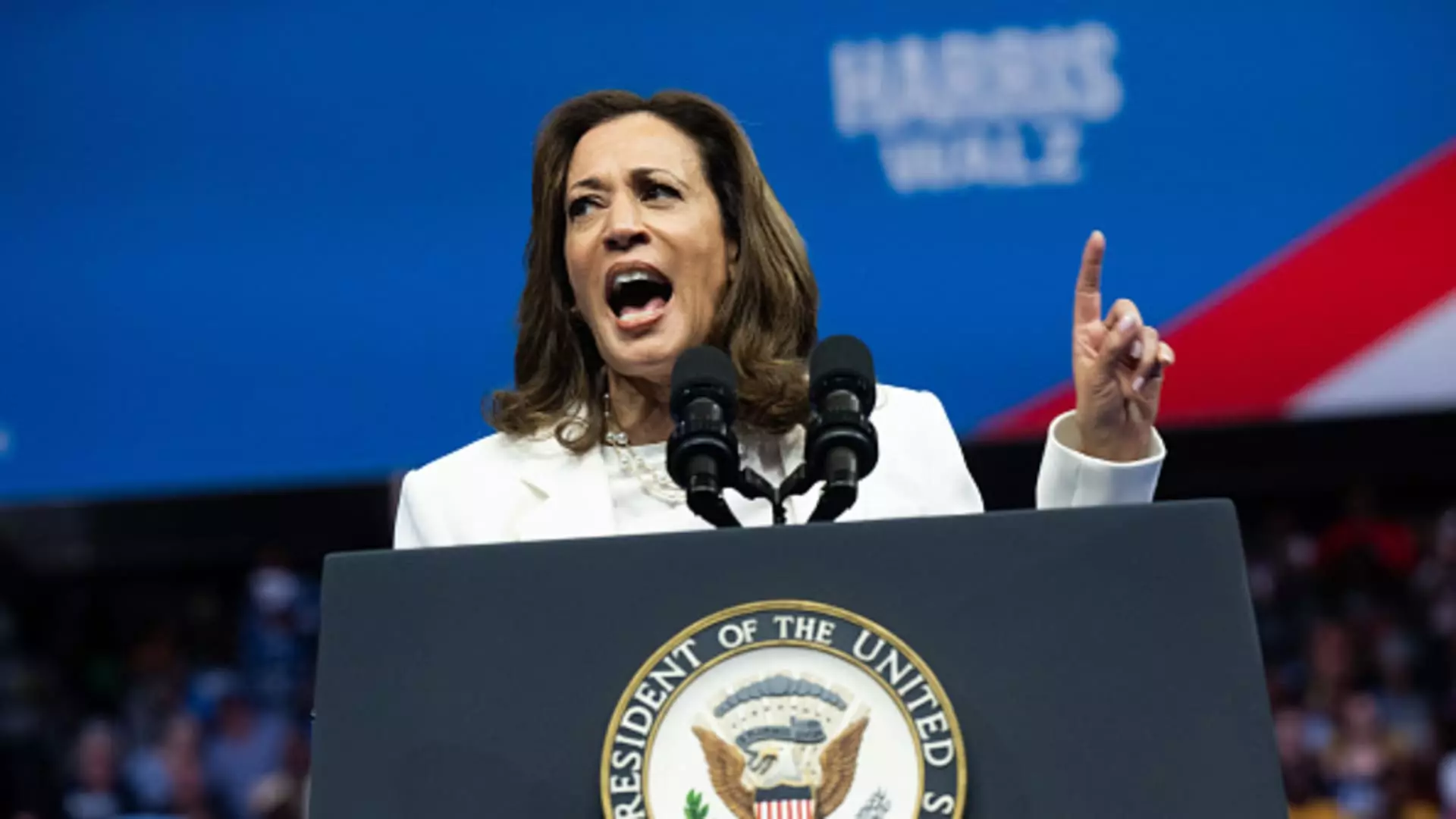Vice President Kamala Harris has recently outlined her economic agenda, which includes a call for higher taxes on wealthy Americans and corporations. This plan, endorsed in August, mirrors President Biden’s proposal for a 25% minimum tax on total income, including unrealized gains exceeding $100 million. While the aim is to ensure that the wealthiest individuals and corporations pay their fair share, experts are skeptical about the feasibility of such a plan gaining traction.
Despite the noble intention of narrowing the tax gap, there are significant challenges and opposition to the proposed billionaire minimum tax. Taxpayers with wealth above the $100 million threshold would be required to report unrealized gains annually, along with other financial details. However, the current capital gains tax system already in place faces criticism for its complexity and potential loopholes. Additionally, the lack of political support for such a measure, as noted by tax policy experts like Steve Rosenthal, raises doubts about its viability.
The business community, including notable figures like billionaire entrepreneur Mark Cuban, has expressed reservations about the proposed tax on unrealized gains. Cuban argues that such a tax could have negative repercussions on the stock market, leading to potential adverse effects on investors and economic stability. This pushback from influential voices highlights the complexities and uncertainties surrounding the implementation of higher taxes on the wealthy.
While many Americans support the idea of increasing taxes on the wealthy, policy experts have raised concerns about the practicality and effectiveness of Biden’s proposed billionaire minimum tax. Erica York, a senior economist, points out the administrative challenges and potential pitfalls associated with such a tax policy. From liquidity concerns to gaming opportunities and IRS disputes, the proposed tax could create more problems than solutions, according to experts like York and Rosenthal.
Vice President Kamala Harris’s economic agenda, which includes higher taxes on wealthy individuals and corporations, faces significant obstacles and criticism from various stakeholders. While the goal of ensuring a fair tax system is commendable, the feasibility and implementation of such a plan remain questionable. As discussions around tax reform continue, it is essential to consider the diverse perspectives and challenges that come with reshaping the current tax landscape.

